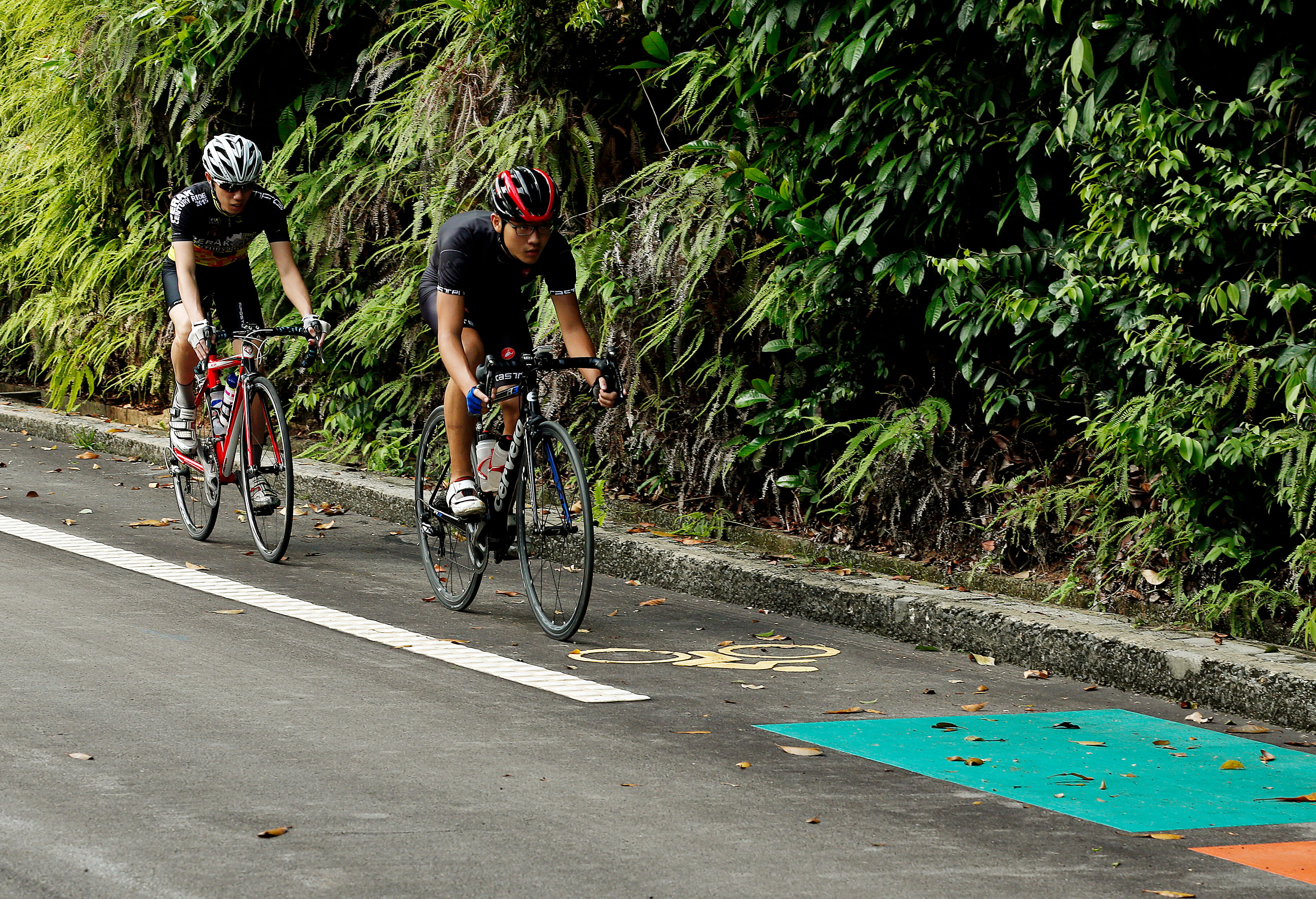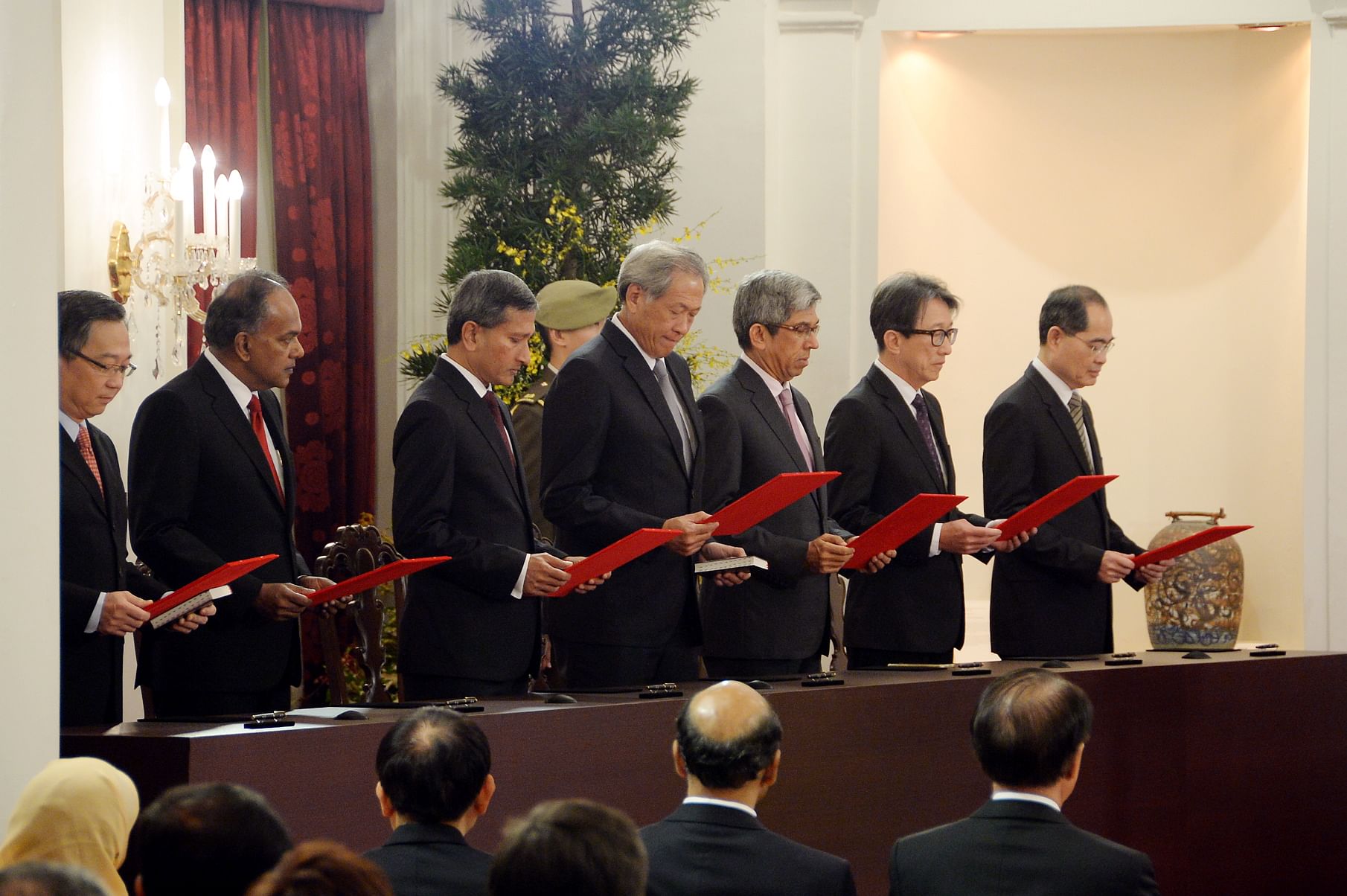President's Address at opening of Parliament: All you need to know in 8 points
Sign up now: Get ST's newsletters delivered to your inbox
Chew Hui Min
Follow topic:
SINGAPORE - President Tony Tan Keng Yam delivered the traditional President's Address on Friday (Jan 15) evening at the opening of the new Parliament.
In his address, he set out the challenges and road ahead for the new Government which was elected in September last year.
Here are the key points he made:
1. No easy journey

President Tan called 2015 "a defining year" which brought Singaporeans closer together. But he said that "we cannot expect an easy journey" for the next five or 50 years.
He listed the challenges facing Singapore, which include:
* Terrorism, which has become a dangerous and persistent threat
* Slowing growth as the economy becomes more mature
* A rapidly ageing population, and shrinking workforce
* A more diverse society, with differing interests and perspectives
2. Keeping Singapore safe

Singapore's sovereignty and security remain a priority for this Government, and Dr Tan said the Government will "resist the impulse to divert attention and resources from security as domestic needs burgeon".
3. Renewing the economy

Two main thrusts will address the challenges of restructuring the economy - the Committee on the Future Economy and the SkillsFuture scheme.
The Committee on the Future Economy, led by Finance Minister Heng Swee Keat, will develop strategies to ensure that Singapore remains relevant and competitive.
SkillsFuture will prepare workers for the jobs of the future.
4. Care for one another

The Government will keep healthcare affordable and accessible, and will strengthen the primary care sector.
The Action Plan for Successful Ageing will help seniors lead fuller lives.
He urged Singaporeans to treat one another with warmth and dignity - including those who have just come to Singapore or those who are here only a while.
5. Transform the urban landscape

Dr Tan said Singapore will aim to be a "car-lite" city.
Major infrastructure plans which have been announced will transform Singapore's urban landscape. One example is the Southern Waterfront City, a district with commercial and housing complexes which will be built at Tanjong Pagar when the port there moves to Tuas after 2027.
Technology will also open up many possibilities. Autonomous vehicles, for example, can lead to a much more efficient transport network.
6. Partner with citizens
The SGfuture dialogues and the Committee on the Future Economy are two national platforms that will allow Singaporeans to have a say in the country's future.
He said: "Let us all participate in shaping our common future."
7. Good politics and good policies

Singapore must continue to have a capable and honest political leadership, and every generation of leaders must develop the next generation, he said.
The political system must also enable the Government to govern effectively and in the interest of all.
The current system, which discourages narrow interest-based politics and encourages clear electoral outcomes, has served Singapore well, he added.
Dr Tan also spoke about the importance of having appropriate checks and balances so that alternative views can be heard.
8. Tweaks to political system?
Over the years, changes have been made to the first-past-the-post electoral system to suit Singapore's needs, such as introducing Non-Constituency Members of Parliament (NCMPs) and Nominated MPs in Parliament, Dr Tan noted.
The Elected Presidency system, which was written into law in 1991, was also introduced to add a further check and balance to the system. Under the system, executive power is vested in the Government, but the President holds a second key, with specific custodial powers.
While these innovations have worked, the system must be refreshed from time to time, as Singapore's circumstances change.
Said Dr Tan: "The Government will study this matter carefully, to see whether and how we should improve our political system so that we can be assured of clean, effective, and accountable government over the long term."

